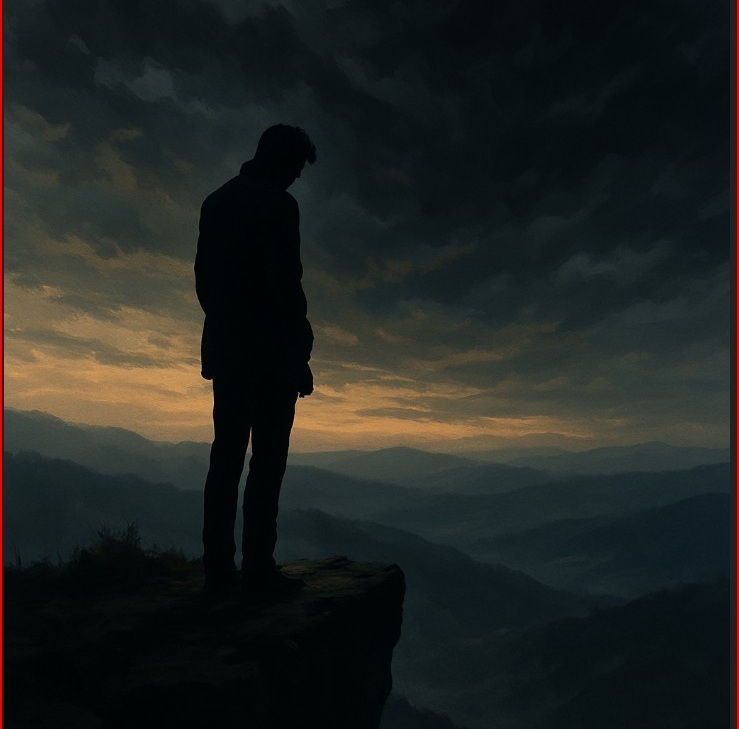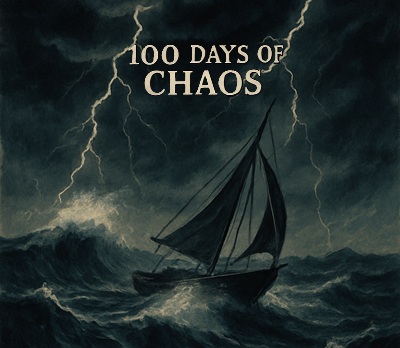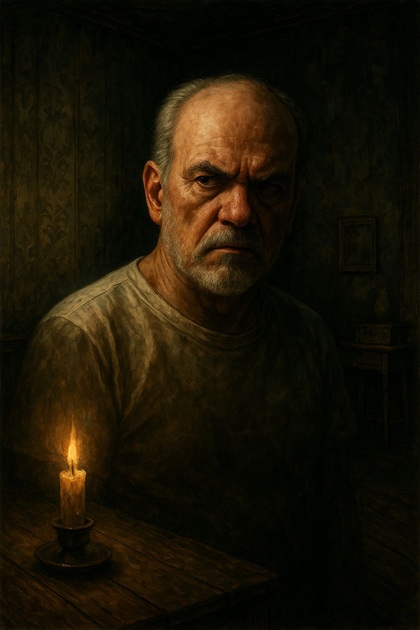1 Corinthians 15:26 (KJV) “The last enemy that shall be destroyed is death.”
The Quiet Reckoning
What Baby Boomers don’t like about aging is that it means there is an end in view
Nobody likes the thought of, “To die, — to sleep, no more!” However, the young prince of Denmark in Shakespeare’s Hamlet, goes on to say, “For in that sleep of death, what dreams may come, when we have shuffled off this mortal coil, must give us pause—there’s the respect, that makes calamity of — so long life.”
We each carry our beliefs, our faith, our quiet hope about what lies beyond. But in my experience — both in the medical field and with those I’ve known personally — by the time we finally arrive at the end, most of us are ready for it. Not in fear, but in weariness. We welcome the rest.
The Reality of Being Old
Aging is not a gentle process. In fact, I often think of it as the worst of all terminal illnesses — one that takes extraordinarily brave souls to stand up and face.
Youth never truly believes in aging. Not really. Do you recall what it was like as an adolescent or teen? Everyone over the age of thirty was “old,” and the seniors were “decrepit.”
Not long after our third child was born and I was ‘approaching’ thirty; one of my son’s friends was playing in the yard while I was doing some work around the house, and he asked me, “Did you have a horse and buggy when you were little?”
Most young people consider their elders as creepy, out of touch, opinionated, and set in their ways. They are not there for their knowledge or wisdom, according to the young, “You just don’t get it, do you?”
No, the ‘young’ may acknowledge aging in theory — the way one might acknowledge gravity or the mortality of strangers — but it never quite feels like theirs.
Aging is always a story about someone else, until one day the mirror stops flattering you, and the world no longer looks back with the same interest. Age happens when your family begins to treat you as if you were the child, and they were the responsible adult.
Recognizing the Signs
Do you recall the first time you said, “Well, back in the day.” Or worse, “Back in my day, we…”?
Personally, I call it existential whiplash (maybe I heard that somewhere, I don’t remember). Regardless, it amounts to the time when we were an up-and-comer, full of ambition, ideas, and knees we could use when climbing stairs, running, jumping, and maybe even dancing.
Then suddenly, without realizing it, you become someone who talks about how things used to be, i.e., that slow erosion of “what is to come,” giving way to “my path is set for me.”
Next, you feel numbness in your feet, and swelling in your ankles. Your belly begins to creep out over your beltline and you find yourself forgetting names, missing appointments, anniversaries, birthdays, etc. This happens about the same time you begin to notice a joint aches longer than it should.
Then the family begins to fade
Eventually, you begin to notice how invisible you’ve become in rooms where you were once sought after. The tragedy isn’t just in the physical decline — though that’s real enough. It’s in the slow disconnection from relevance, as if your lived wisdom now sits in a language the present no longer reads.
And yet, there’s no bitterness here — not if you’ve learned the right lessons. The stoic sees aging not as a punishment, but as an inevitable tax for time well-lived. A fee exacted by nature for the privilege of being here, thinking, breathing, choosing.
We all have our gods of sorts. Some put faith in it, or them, others not so much. However, within the Biblically ideology of the so-called Christian faith, it says that, “For the wages of sin is death; but the gift of God is eternal life through Jesus Christ our Lord.” Romans 6:23 (KJV)
So, I offer you this postulate:
Whether you accept Christianity or not, you will still pay the price of sin — and thus, you also stand in line for the possibility of life thereafter.
Share This Story:
Leave A Comment
You must be logged in to post a comment.









